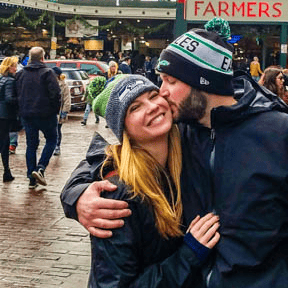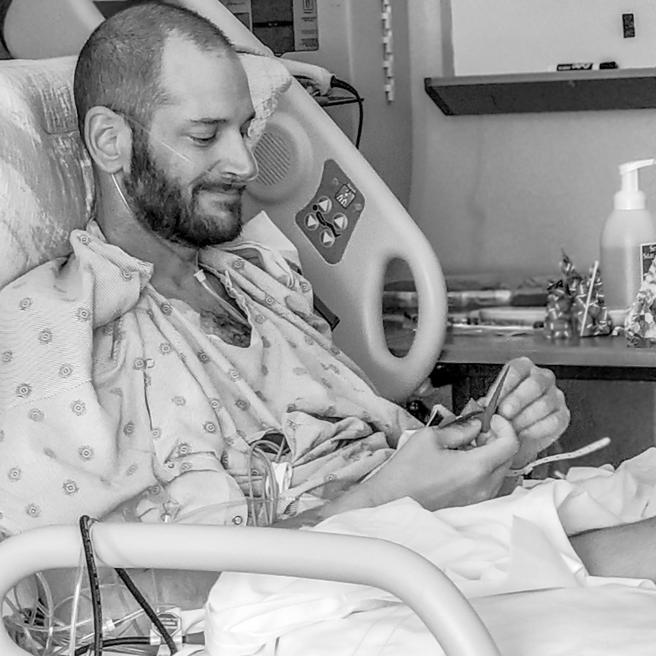
I cringe when I think about the moment when Jeff’s doctor told him he was dying. But not for the reason you might think. It’s not because of the doctor’s words or Jeff’s response that this memory brings me discomfort. No, it’s because of my own response that I recoil.
In retrospect, the doctor was doing Jeff a great kindness by levelling with him so clearly, and so directly. Though diagnosed with stage 4 esophageal cancer three months earlier, we had never used the words death or dying.
But this doctor looked Jeff straight in the eyes and introduced a new and looming possibility into that suffocating hospital room. Her voice was soft but her eyes were firm when she said:
“I’m afraid that we are losing control of this. I think you are dying.”
Watch: Talk to your family about their health history. Post continues below.
I was stunned into medically-induced silence. Sure, we knew things were bad. But dying? He was so strong. So young. It couldn’t be. My brain would not process this. No, I insisted to myself. Everything would be OK.
It is the only memory I have of Jeff where his eyes appear blue. He responded with his usual pragmaticism to that first use of the word “dying.” Speaking clearly despite the shine of unshed tears disguising his hazel eyes, he asked:


